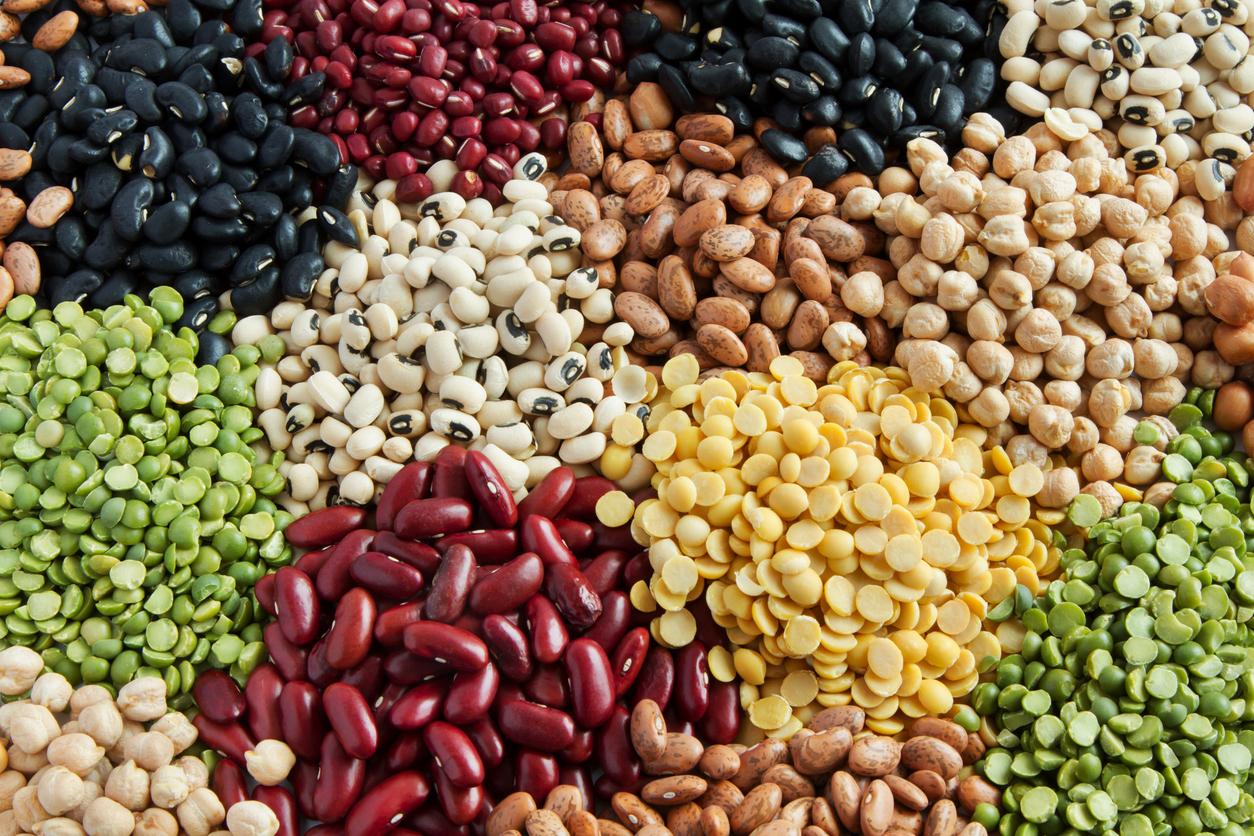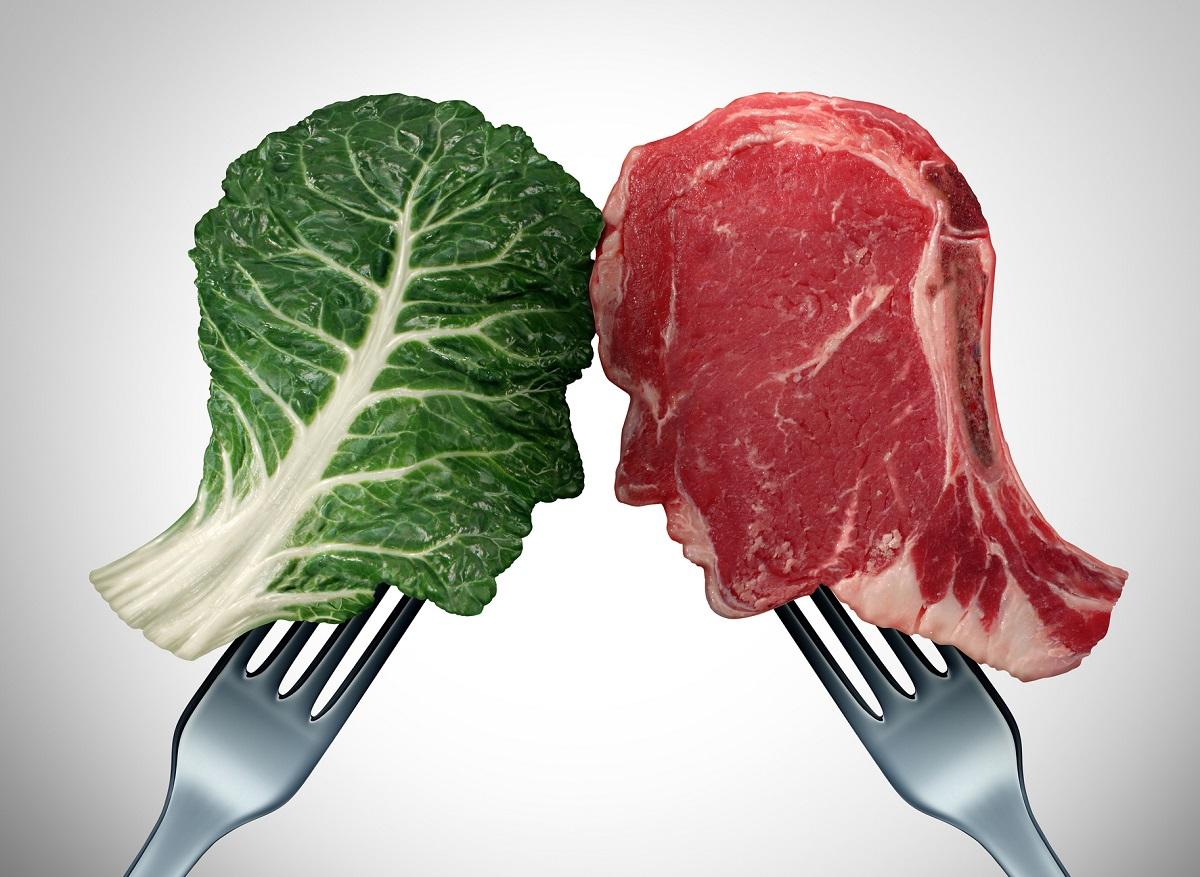The French are among the populations called upon to make greater efforts to reduce their meat consumption. According to figures from the Ministry of Agriculture, per capita meat consumption in France increased by 0.7%.
Preferences in the choice of meats have changed over time, pork consumption remains in the lead with 31.7 kg, followed by that of poultry with 28.6 kg, that of veal and beef with 22.1 kg, to finish with that of the sheep with 2.2 kg. These figures confirm that veal and beef are increasingly being replaced by the consumption of poultry.
What is the impact of meat consumption on the environment?
The great demand for meat is a major challenge for the planet, both in terms of greenhouse gas emissions and the impact on biodiversity, land availability and the destabilization of traditional pastoral economies. The intensification of livestock farming threatens peasant farming models, which constitute the economic base of many developing countries.
Why limiting the consumption of red meat is good for your health?
In France, the average consumption of animal products exceeds nutritional requirements. A reduction in their consumption, in particular that corresponding to red meats and processed meat products, is a recommendation in favor of health.
On the other hand, certain population groups, in particular the elderly, children and pregnant women, have specific needs for proteins of high nutritional quality and micronutrients (minerals and vitamins), present in animal products and which are more easily assimilated. by the organism. The reduction in the consumption of animal products must be accompanied with care in these people.
3 tips to reduce red meat consumption
- Choose legumes : with the beautiful days coming back, salads are making a comeback. Favor those that contain legumes, oilseeds, soy derivatives, cereals, seeds or tofu, all foods are a source of vegetable protein.
- Make gourmet and colorful plates : fruits and vegetables are not colored by chance, it is a way of attracting animals and humans, but you should also know that the pigments that color them have many benefits. Fruits and vegetables contain phytonutrients, which is what gives them their pretty colors, but they are also rich in antioxidants. Each of these natural pigments has specific virtues, so we can distribute the benefits of food according to their color.
- Adopt the Mediterranean diet, it is good for your health, it is rich in nutrients and contains very little red meat and deli meats. It is inspired by eating habits around the Mediterranean and would be excellent for preserving the cardiovascular system (it fights against cholesterol and atherosclerosis), to fight against type 2 diabetes (it slows down insulin resistance), to alleviate mood (it improves depressive symptoms in young men) or reduce the risk of cancer (breast and prostate, in particular).
Sources:


















